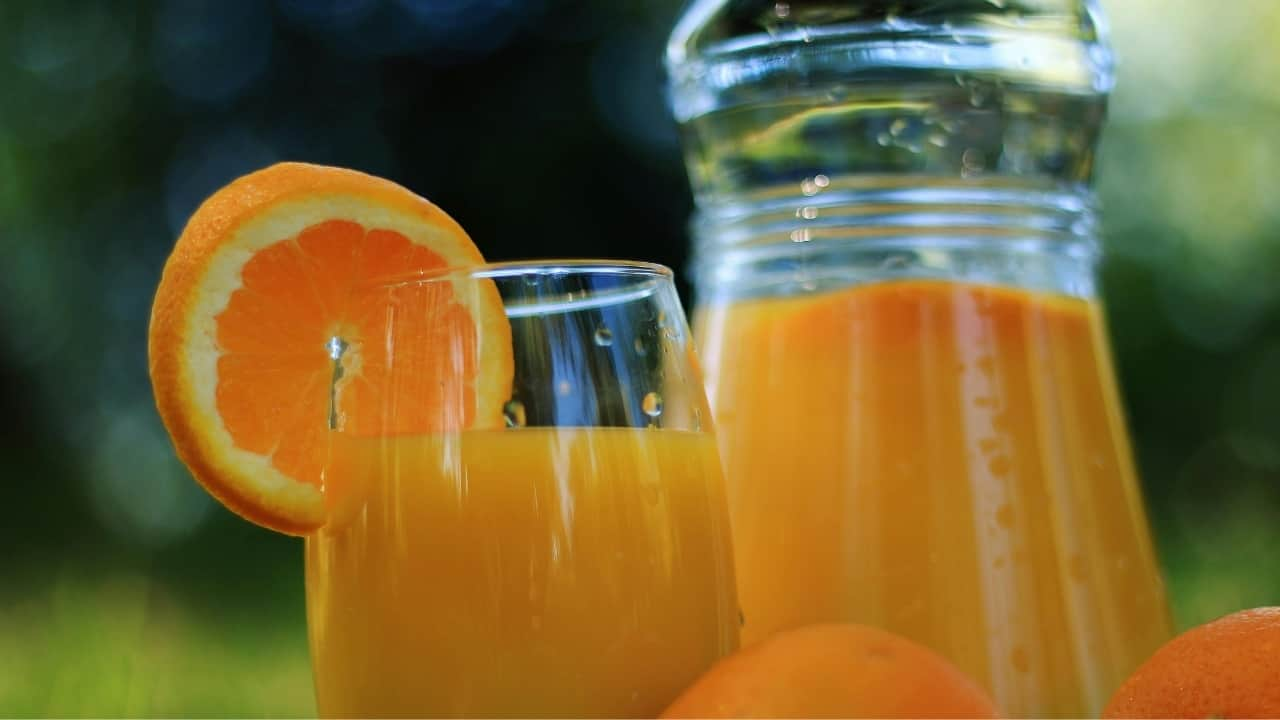Could Your Morning OJ Be Doing More Harm Than Good? FDA Eyes Sugar Cuts in Juice

For years, orange juice has been a breakfast staple, touted for its vitamin C and refreshing taste. But a growing body of evidence suggests that even 100% orange juice might be contributing to excessive sugar intake. Now, the US Food and Drug Administration (FDA) is reportedly considering measures to reduce the sugar content in juice, sparking a debate among health experts.
The Sugar Question: How Much is Too Much?
A typical 8-ounce glass of orange juice contains around 24 grams of sugar. While this sugar is naturally occurring, it's still a significant amount – roughly equivalent to three teaspoons of table sugar. The American Heart Association recommends limiting added sugar intake to no more than 25 grams per day for women and 36 grams per day for men. Consuming a single glass of orange juice can quickly eat into a significant portion of that daily allowance.
FDA's Potential Actions: A Sweet Solution?
Reports suggest the FDA is exploring options to lower the sugar content in orange juice, potentially through methods like diluting the juice with water or using different orange varieties with lower sugar levels. The goal is to address growing concerns about the impact of sugary drinks on public health, particularly in the context of rising rates of obesity and type 2 diabetes.
Expert Caution: Natural Doesn't Mean Risk-Free
Experts emphasize that even natural sugars found in fruit juice should be consumed with caution. The body processes juice differently than whole fruit. Whole fruit contains fiber, which slows down the absorption of sugar into the bloodstream, leading to a more gradual rise in blood sugar levels. Juice, however, lacks this fiber, resulting in a quicker and potentially more significant spike.
“It’s a misconception that juice is inherently healthy simply because it comes from fruit,” says Dr. Emily Carter, a registered dietitian. “While it does provide vitamins and minerals, the concentrated sugar content can outweigh these benefits, especially when consumed regularly.”
The Verdict: Fruit Over Juice
The consensus among health professionals is clear: opting for whole fruit over juice whenever possible is the healthier choice. Apples, bananas, berries – all provide the same nutrients as juice but with the added benefit of fiber. If you do choose to consume juice, moderation is key. Consider diluting it with water or limiting your portion size.
Beyond Orange Juice: A Broader Look at Sugary Drinks
The FDA’s potential actions regarding orange juice are part of a larger effort to address the pervasive issue of sugary drinks in the American diet. Soda, sweetened tea, and energy drinks also contribute significantly to excessive sugar intake. Public health campaigns and policy initiatives aimed at reducing sugar consumption are becoming increasingly common.
Looking Ahead: A Healthier Future?
The FDA’s deliberations on orange juice sugar content could have a ripple effect on the entire juice industry. Consumers are becoming more aware of the health implications of their dietary choices, and demand for healthier alternatives is growing. Ultimately, the goal is to empower individuals to make informed decisions about their health and well-being, and to create a food environment that supports healthier eating habits.





